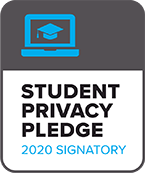To view details on standards alignment select a grade level below:
-
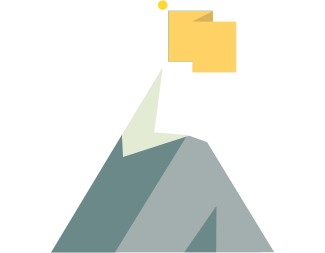 K2 Mountain Curriculum - Kindergarten to Grade 2 students climb three mountains with 119
lessons and activities in each grade level. Students complete 40 Worlds with at least 10 lesson units for
grades three and above. There are a total of 492 activities in the 40 Worlds. (The Spanish Curriculum has 91
Spanish units for students to type.)
K2 Mountain Curriculum - Kindergarten to Grade 2 students climb three mountains with 119
lessons and activities in each grade level. Students complete 40 Worlds with at least 10 lesson units for
grades three and above. There are a total of 492 activities in the 40 Worlds. (The Spanish Curriculum has 91
Spanish units for students to type.)
-
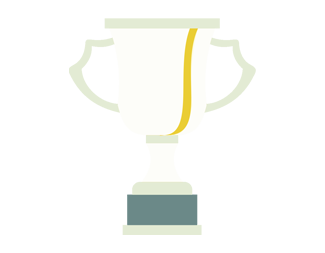 Keyboarding Foundations Curriculums– There are two English
keyboarding curriculums and one Spanish curriculum. Typing Agent assigns the curriculum to students based on
their grade level. Still teachers may change the default settings to assign the curriculum or Words Per
Minute
(WPM) and the desired accuracy levels. If students have difficulty or easily reach those goals, teachers
should
discuss with students and create goals that are better suited to each student’s needs.
Keyboarding Foundations Curriculums– There are two English
keyboarding curriculums and one Spanish curriculum. Typing Agent assigns the curriculum to students based on
their grade level. Still teachers may change the default settings to assign the curriculum or Words Per
Minute
(WPM) and the desired accuracy levels. If students have difficulty or easily reach those goals, teachers
should
discuss with students and create goals that are better suited to each student’s needs.
-
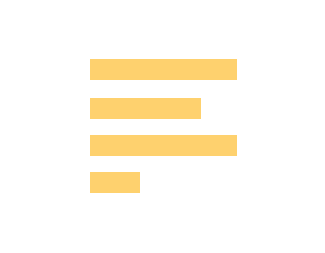 NotePad Curriculum- The Notepad curriculum permits students to type in unscripted
and
comprehensive ways in Typing Agent: It is a word-processing area where teachers have students: 1. 2. 3. 4.
Type
texts in any literary genre, subject matter, or conduct research and show findings; Create extended
responses
instead of simply typing what they see. Answer questions that demonstrate proficiency in any subject area;
Use
for self-regulating learning purposes. Once students type in the NotePad area, they may continue working on
their editing drafts/processes and share them with the teacher when ready to showcase their work. The
teacher
may then grade, print, or comment on the texts.
NotePad Curriculum- The Notepad curriculum permits students to type in unscripted
and
comprehensive ways in Typing Agent: It is a word-processing area where teachers have students: 1. 2. 3. 4.
Type
texts in any literary genre, subject matter, or conduct research and show findings; Create extended
responses
instead of simply typing what they see. Answer questions that demonstrate proficiency in any subject area;
Use
for self-regulating learning purposes. Once students type in the NotePad area, they may continue working on
their editing drafts/processes and share them with the teacher when ready to showcase their work. The
teacher
may then grade, print, or comment on the texts.
-
 The Basic Code Curriculum has eleven (11) lessons
grounded in practicing keyboarding while introducing students to the basics of JavaScript coding and
computational thinking. Keyboarding with HTML basic concepts (DOCTYPE declarations, tags, titles, bodies,
and
paragraphs), JavaScript comment blocks, HTML/JavaScript canvas construction, methods/functions, loops,
conditionals, functions to increment value, and number functions, all while manipulating on-screen variables
is
presented. Accuracy and WPM are tracked.
The Basic Code Curriculum has eleven (11) lessons
grounded in practicing keyboarding while introducing students to the basics of JavaScript coding and
computational thinking. Keyboarding with HTML basic concepts (DOCTYPE declarations, tags, titles, bodies,
and
paragraphs), JavaScript comment blocks, HTML/JavaScript canvas construction, methods/functions, loops,
conditionals, functions to increment value, and number functions, all while manipulating on-screen variables
is
presented. Accuracy and WPM are tracked.
-
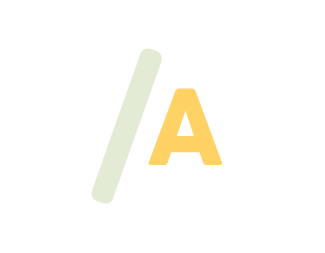 Advanced Code Curriculum also has eleven (11) lessons where students type
but
have to write Python code. In this curriculum, students recall and type concepts such as variables,
arithmetic
functions, printing strings, if/else statements, and conditional loops. Accuracy and WPM are tracked.
Advanced Code Curriculum also has eleven (11) lessons where students type
but
have to write Python code. In this curriculum, students recall and type concepts such as variables,
arithmetic
functions, printing strings, if/else statements, and conditional loops. Accuracy and WPM are tracked.
-
 Digital Citizenship Curriculum–T eachers may use this curriculum in many ways. This
curriculum teaches how to use technology safely using nine videos and 24 application multiple-choice
quizzes.
The content may be used at all grade levels, but guidance will be needed for the younger ones. For older,
more
competent students, teachers may have students complete this curriculum independently and review their
responses. T eachers may also use it for whole-class discussion points, where the class watches and reads
through the different scenarios, and students tell what they would do and why.Concepts about online safety,
privacy, ethics, digital literacy, and cyberbullying prevention. The goal of this curriculum is for students
to
behave appropriately when online, make informed decisions, and understand the seriousness of their digital
footprints. (Students do not type in this curriculum but must think and choose the most appropriate response
to
the prompts or questions.)
Digital Citizenship Curriculum–T eachers may use this curriculum in many ways. This
curriculum teaches how to use technology safely using nine videos and 24 application multiple-choice
quizzes.
The content may be used at all grade levels, but guidance will be needed for the younger ones. For older,
more
competent students, teachers may have students complete this curriculum independently and review their
responses. T eachers may also use it for whole-class discussion points, where the class watches and reads
through the different scenarios, and students tell what they would do and why.Concepts about online safety,
privacy, ethics, digital literacy, and cyberbullying prevention. The goal of this curriculum is for students
to
behave appropriately when online, make informed decisions, and understand the seriousness of their digital
footprints. (Students do not type in this curriculum but must think and choose the most appropriate response
to
the prompts or questions.)
-
 Type Your Own Adventure- As students read the Type Your Own Adventure “Robots
Attack!”
curriculum, students must actively read the story about being great digital citizens and choose the actions
they
want the characters to do. If they choose the options that show proper digital citizenship behaviors, they
get
to the end of the story faster. Should they opt to type the inappropriate responses, their journey to the
end
becomes more extended, or they’re sent back to the beginning. This dynamic curriculum makes reading more
immersive and improves critical thinking and decision-making because they are always presented with viable
options. This curriculum keeps going until students type through the 26 scenarios appropriately.
Type Your Own Adventure- As students read the Type Your Own Adventure “Robots
Attack!”
curriculum, students must actively read the story about being great digital citizens and choose the actions
they
want the characters to do. If they choose the options that show proper digital citizenship behaviors, they
get
to the end of the story faster. Should they opt to type the inappropriate responses, their journey to the
end
becomes more extended, or they’re sent back to the beginning. This dynamic curriculum makes reading more
immersive and improves critical thinking and decision-making because they are always presented with viable
options. This curriculum keeps going until students type through the 26 scenarios appropriately.
- The Type Your Own Adventure “SEL Adventure” curriculum has students typing scenarios that deal with Social and Emotional learning. Students must type and choose appropriate responses that deal with self-awareness, self-management, social awareness, relationship skills, and responsible decision-making. This curriculum aims to have students think about existing problems, how to best navigate them, and type the best solutions to deal with them. There are 50 units that they must read, think about, and then type responses.
-
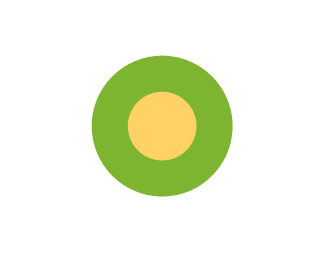 Targeted Practices Curriculum- As students type in the Keyboarding Foundations, Coding, and
Typing Your Own Adventures curriculums, Typing Agent's algorithm tracks each student's errors. Eventually,
the
Targeted Practices curriculum will open for them, and they'll have to practice those problematic
keystrokes. Because this curriculum operates like a car racing game, students must type accurately and
quickly
should they want to "win" the race.
Targeted Practices Curriculum- As students type in the Keyboarding Foundations, Coding, and
Typing Your Own Adventures curriculums, Typing Agent's algorithm tracks each student's errors. Eventually,
the
Targeted Practices curriculum will open for them, and they'll have to practice those problematic
keystrokes. Because this curriculum operates like a car racing game, students must type accurately and
quickly
should they want to "win" the race.
-
 The Games Curriculum opens up automatically when
students have learned all the letter keystrokes. Games require different typing skill levels to meet the
various
goals. The two-player games have students navigating against one another to reach the goal. All games may be
regulated with Gritcoins, Typing Agent’s coins students earn while completing their coding and Keyboarding
Foundations lessons.
The Games Curriculum opens up automatically when
students have learned all the letter keystrokes. Games require different typing skill levels to meet the
various
goals. The two-player games have students navigating against one another to reach the goal. All games may be
regulated with Gritcoins, Typing Agent’s coins students earn while completing their coding and Keyboarding
Foundations lessons.

